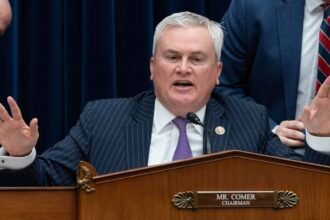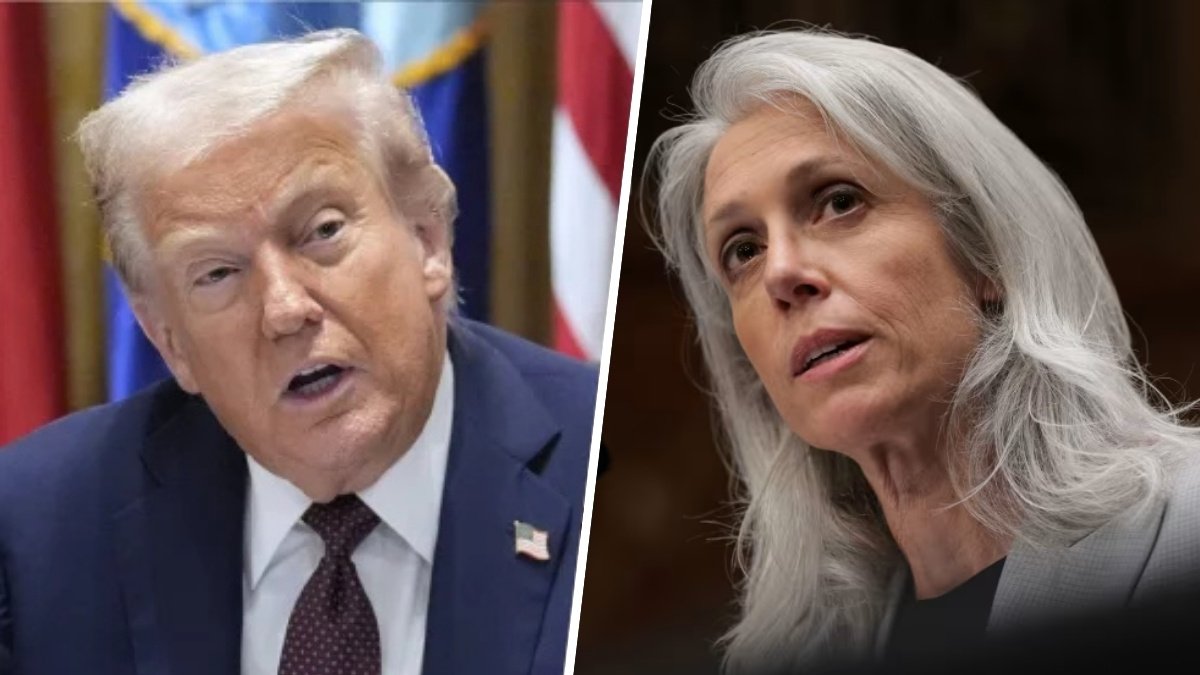In today’s political news, two very different stories are drawing attention. Republicans are pressing harder than ever to release the Jeffrey Epstein files, while former President Donald Trump is suggesting a controversial plan that would bring in foreign workers to train Americans for high-tech jobs. Both stories show how politics, labor, and public accountability continue to collide.
The Epstein case has been a point of public fascination and frustration for years. Many Americans want answers about Epstein’s connections, his crimes, and who else may have been involved. Now, according to reporting from The Hill, Republicans in Congress are making real progress toward forcing the Justice Department to unseal the files.
One Republican senator, speaking on background, said lawmakers are close to moving forward on a bill that would require the release of all Epstein-related documents. Such legislation could finally shed light on details that have been hidden for too long. It would also mark a dramatic shift in the political will to provide transparency around a scandal that has hovered over both politics and the justice system.
In the House of Representatives, a petition is reportedly building enough support to force a vote on the issue. If successful, it would require lawmakers to go on record about whether the public deserves access to the full files. That kind of vote could prove uncomfortable for some, given the potential political fallout.
This push follows an earlier attempt by Senate Minority Leader Chuck Schumer to force a vote of his own. His effort was blocked by Republicans, which fueled criticism that lawmakers were protecting powerful figures connected to Epstein. Now the tide appears to be shifting, with Republican lawmakers themselves leading the charge.
At the same time, Donald Trump is focusing on a completely different issue. On his Truth Social platform, he floated the idea of allowing foreign companies to bring in their own experts to train American workers in specialized industries. He argued that when international companies invest heavily in the United States, they should be allowed to temporarily bring in their specialists.
These experts, Trump explained, would then train U.S. workers to handle the production of highly advanced technology and machinery. Once those companies eventually shifted operations back to their home countries, Americans would keep the skills and knowledge they had learned. Trump framed it as a way to strengthen the U.S. workforce for the long term.
The idea comes at a tense moment. Just days before Trump’s post, Immigration and Customs Enforcement carried out its largest workplace raid during his presidency. Hundreds of South Korean workers on temporary assignments were arrested at a Hyundai plant in Georgia. The raid highlighted the complicated relationship between foreign labor, American jobs, and immigration enforcement.
For critics, Trump’s plan seems to contradict his long-standing promise to protect U.S. workers from foreign competition. They argue that inviting foreign specialists to take part in domestic training could undermine Americans in the short term while creating opportunities for exploitation.
Supporters see things differently. They argue that exposing American workers to top-level expertise could help build skills that would otherwise take years to develop at home. For industries where innovation moves quickly, having that knowledge transfer directly could give the United States a major competitive edge.
Taken together, these two stories reflect deeper issues often missing from partisan media coverage. The Epstein files represent a test of political transparency and accountability. Trump’s workforce proposal raises questions about how the U.S. should prepare for a global economy that is growing more complex by the day.
For many Americans, both issues hit close to home. The Epstein case speaks to concerns about whether powerful figures are shielded from justice. The foreign worker training proposal touches on job security, economic competitiveness, and how well-prepared American workers are for the future.
These stories may not dominate cable news, but they deserve attention. They show how the struggles over transparency, justice, and labor are shaping the political landscape in ways that will affect citizens for years to come.















